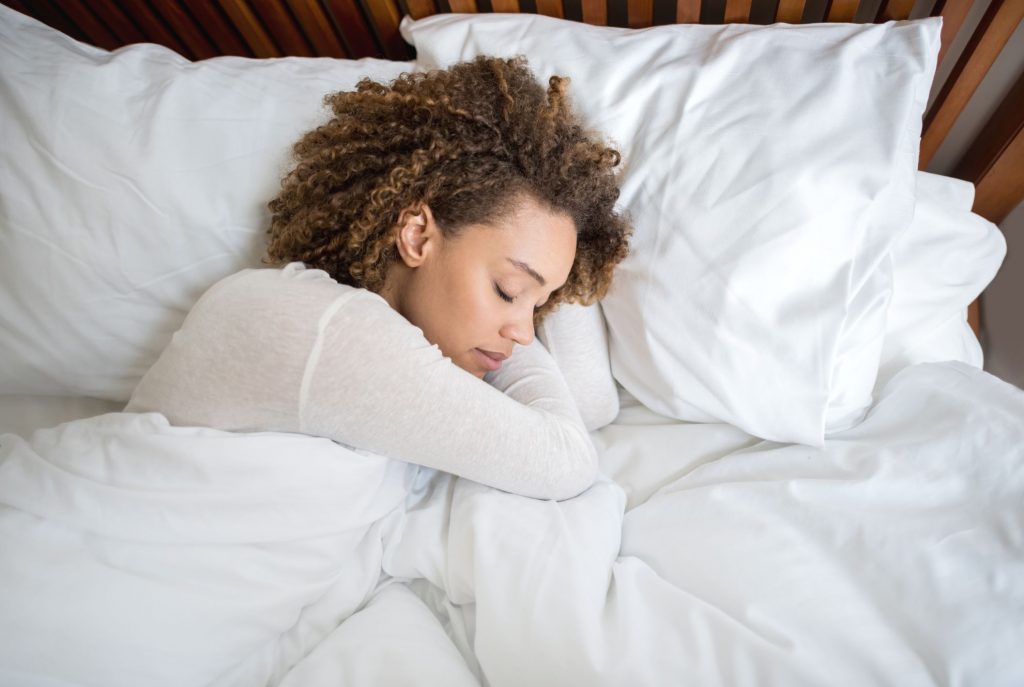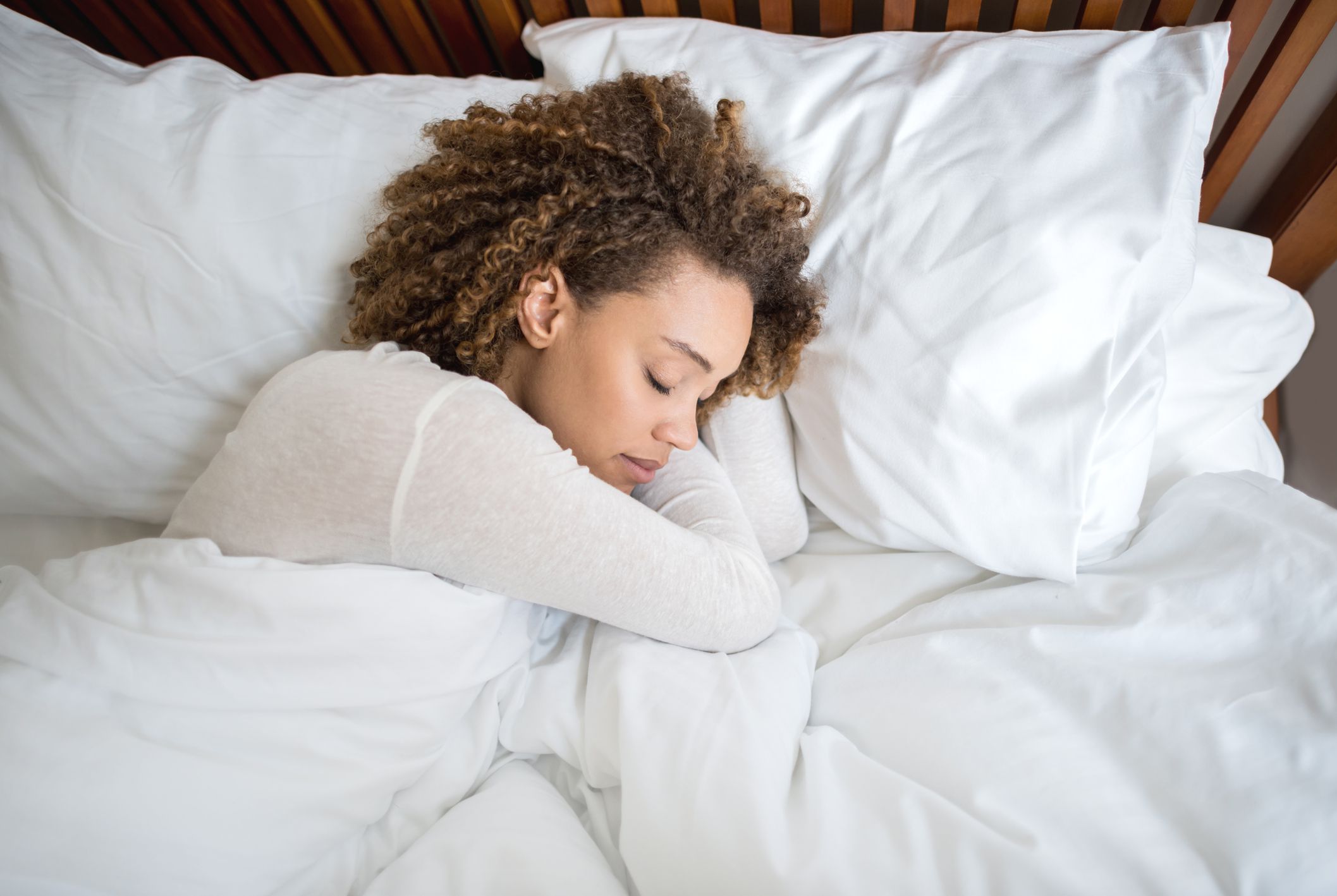How long is it since you got a good night’s sleep? Our 24/7 lifestyle means we never switch off, while artificial light, increased travel and too much technology are disrupting our sleep patterns. The final insult? Being a woman makes matters worse: we’re 40 percent more likely than men to suffer from sleep problems.
The body’s ancient pre-programmed biological clock (the circadian rhythm) is regulated by light and hasn’t evolved to accommodate the continuous sensory invasion of modern life. The result? Many of us suffer from lifestyle insomnia, which can make us unhappy, uncoordinated, unfocused and prone to weight gain.
BEAUTY SLEEP
Set a digital curfew
Electronic screens, the worst culprit being LED screens, contain blue light. This acts like a mini sun, inhibiting the sleep-inducing hormone melatonin. Even Apple’s Night Shift reportedly only reduces blue light by up to 57 percent of standard levels, while another study showed that melatonin levels were suppressed by up to 55 percent in those reading e-books compared to paper books. These devices also keep us mentally alert by providing easy access to work emails or our Instagram feed. Ideally, we should down screens at sunset, nature’s biological prompt to wind down. If that’s not practical, decide on a curfew (experts recommend 9pm) and leave all smart devices outside of the bedroom.
Lose the props
While earplugs and eye masks don’t do any harm, reliance on sleep ‘props’ and elaborate routines can “cultivate inflexibility and anxiety, stealing trust in your natural ability to sleep”, says Dr. Guy Meadows, co-founder of The Sleep School. He recommends a slow, steady exit strategy, reducing your reliance on props or cutting the time you spend on lengthy pre-bed routines by 25 percent every two weeks.
And the rest
Rest can be as curative as sleep. A compelling study from New York University found that the memory is strengthened and cognitive function improved through periods of rest while awake. Dr. Matthew Edlund, author of The Power of Rest: Why Sleep Is Not Enough (HarperOne) recommends focusing on keeping your body relaxed and practicing simple deep-breathing techniques. Knowing that your mental wellbeing and physical health is benefiting from downtime helps quell panic thinking, and allows you to function better the next day. Lying in bed – asleep or not – has value.


